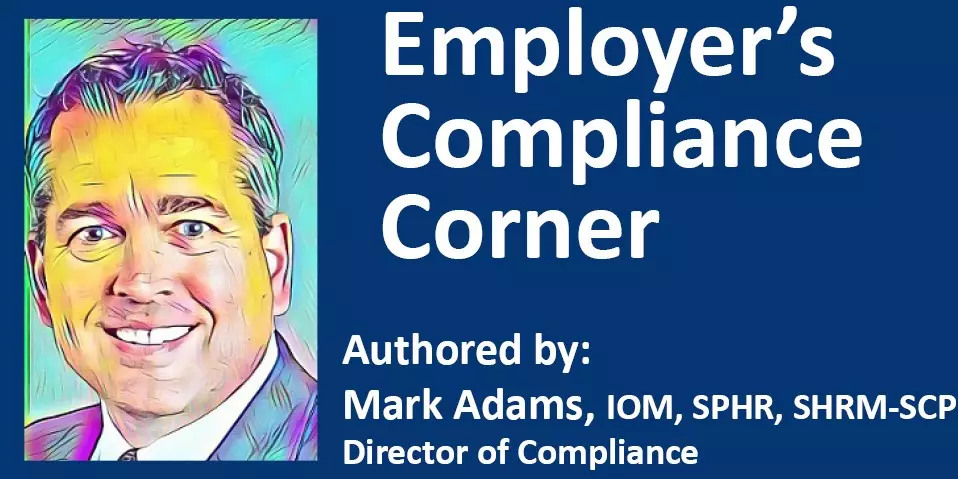
As the COVID-19 battle rages on, key milestones are starting to be reached in its fight as the Food and Drug Administration has started to grant Emergency Use Authorization (EUA) with the Pfizer Vaccine.
The approval was met with swift action as mass distributions have now commenced nationwide.
Other pharmaceutical companies are at varying phases of being considered by the FDA. As of the date of this blog, Moderna has been recommended by the FDA advisory panel for emergency use but has yet to gain the final EUA. Others still are farther behind still in earlier phases of trial and review. Overall, there will be a number of options that ultimately come online to meet the massive national and international demand.
As far as the United States is concerned, the Centers for Disease Control (CDC) has developed guidance for how to prioritize distribution with states adopting their own respective protocols. While they are not all identical they are similar to the likes of first responders, health care professionals, long-term care and nursing home residents, and those who may be at high risk due to underlying health conditions.
In other words, while the rollout is starting to happen now, its mass distribution to the general population probably won’t take hold for months. While some state plans are earmarking springtime to start vaccinating the general public, some analysts contend the public rollout may not effectively occur until June and into the summer due to production and distribution logistics that may stand in the way of scaling and making supply available to meet the demand. There is also the question of whether any additional studies or findings may surface that could halt or slow things down thereafter. (I mention this latter point since one of the Pfizer EUA terms is to conduct post-authorization observational studies as well.)
Even as it goes mainstream later in the year, it does not mean that it will be embraced by all as some analysts estimate that 30%, 40% or more may hold off getting vaccinated (at least initially) over concerns of side effects, effectiveness altogether or other personal concerns. So, where does that leave employers? Well for the immediate time being, since it will not be offered to the general population for a while, it is one of reflection and contemplation for most private employers on the path they may wish to follow based upon several questions:
- Do I want to encourage my employees to seek the vaccination?
- Do I want to try to require it now (in light of recent EEOC guidance that suggests that it can be required)?
- Can I in fact require vaccination across the board?
- If I do require vaccination, would the time be considered “hours worked”? (It very well may be based upon the Fair Labor Standards Act and its discussion of “Medical Attention.)
- Do I have to allow for exceptions?
- Are there any liability concerns one way or the other?
- If I am a unionized employer, would I need to bargain on the issue?
All are valid questions and while there are clear-cut answers to some, there are not answers to all. Most agree that to the degree that it could be required, employers need to be prepared to make exceptions. Whether it is due to health-related concerns over side effects due to an employee’s underlying health conditions and thus should be excused from taking the vaccine as a reasonable accommodation under ADA, or for some who claim that being vaccinated would run afoul of their religious beliefs and should therefore be accommodated in the form of an exception on Title VII grounds, exceptions will indeed be inevitable.
And for companies who are unionized, the issue of vaccination would undoubtedly be a matter that would need to be collectively bargained with a union on the basis of the subject being a working condition; thus negating a company’s prerogative to implement the measure unilaterally across the board.
Then there is the question of liability. What if an employee develops side effects that could be traced back to the vaccination? If I mandate it, would that put my organization on the hook or be governed by Workers Comp.? Again, we are not talking about routine medical care here, we are talking about taking measures in response to a state of emergency (the condition for granting the EUA in the first place) due to a pandemic.
Then there is the tightrope and balancing safety and culture. For employers, we want to provide an environment that is as safe as it can be (so measures to reduce exposure to COVD is a step in that direction) vs. the cultural rift that some may perceive of requiring a vaccination that some may view as more of a personal choice. While health care providers may chime in on this point to say that their employees are subjected to other required vaccinations for instance (for instance in Massachusetts, TB vaccinations are required) and thereby they should be able to adapt and take this in stride, for many employers, there is no such mandate or per se obligation; making the acceptance of this by one’s employees more difficult to swallow. Accordingly, companies intent on pursuing this path will undoubtedly have to put considerable effort on a communication campaign that engenders buy-in from leadership and the organization at large.
All told, the topic of COVID-19 vaccinations is a subject not to be taken lightly, and while the availability of the vaccine in the general population is still off in the distance, the issues and complexities require employers to begin thinking about their options now.
Thank you for viewing this article in EANE’s Employer’s Compliance Corner Blog, Authored by our Director of Compliance, Mark Adams. Please visit again soon to stay up to date on today’s compliance updates and best practices for employers.